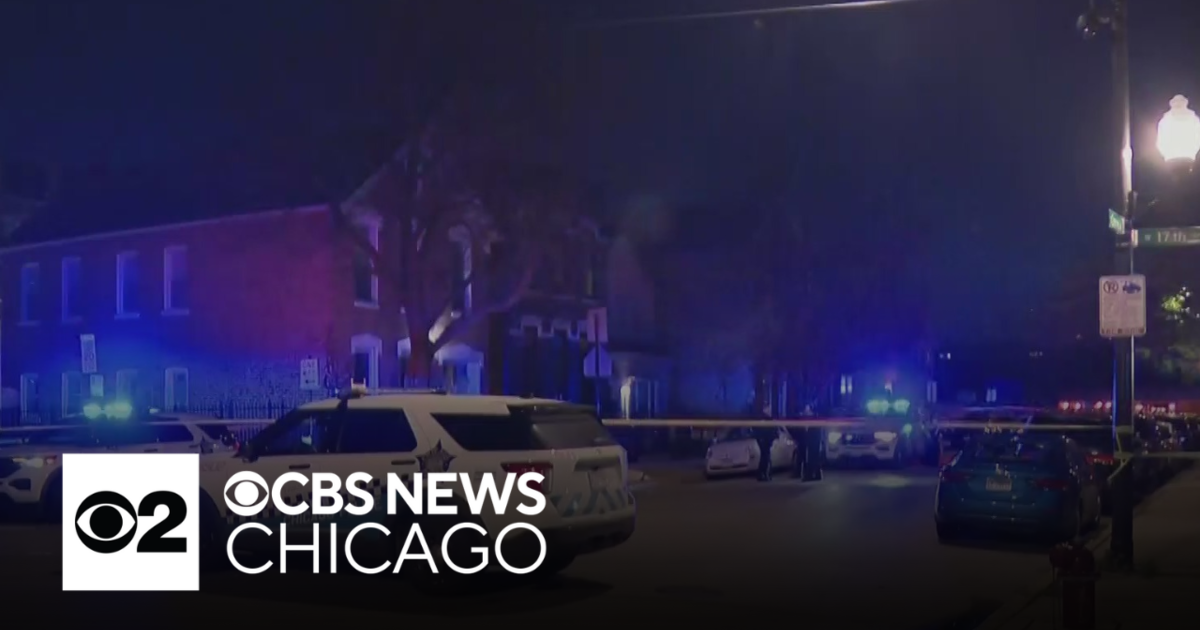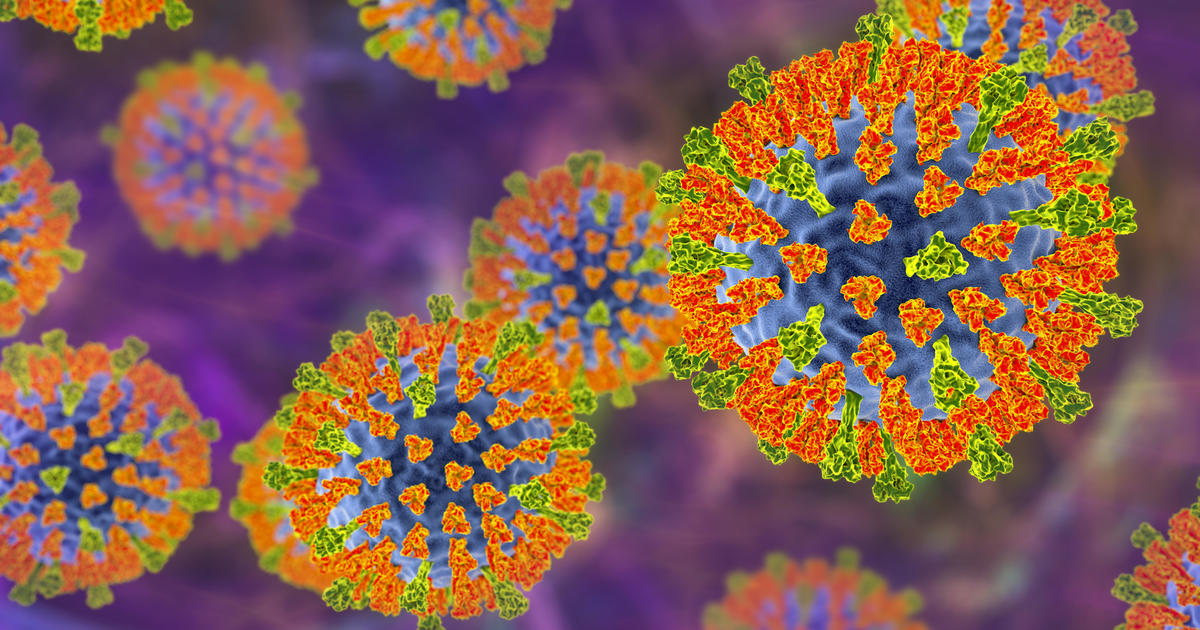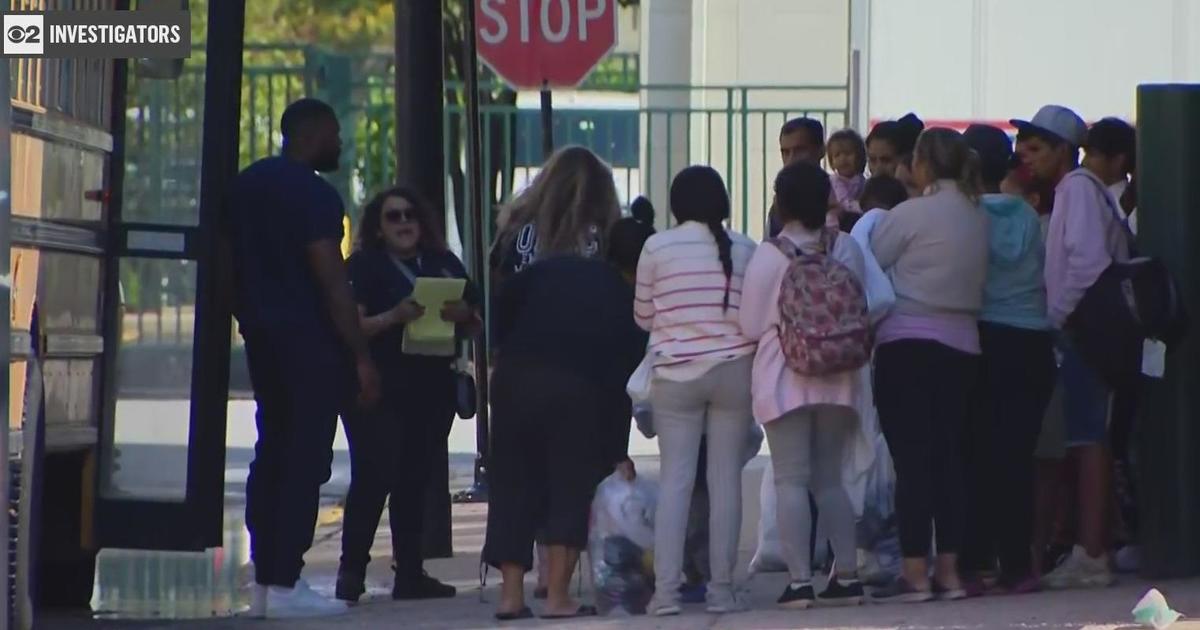New Chicago Anti-Gang Strategy: No More No-Cash Bonds For Misdemeanors
CHICAGO (STMW) -- Chicago Police Supt. Garry McCarthy has found a new way to keep gang members off their street corners.
Keep them locked up until they pay up.
On July 17, the department stopped releasing gang members from police stations on no-cash bonds for misdemeanor arrests. And if they can't make their often-low bond amount, they have to wait to go to court.
That means sitting behind bars — sometimes at the Cook County Jail — for up to 48 hours at times.
So far, more than 1,300 gang members across the city have been denied no-cash bonds, also known as I-bonds or recognizance bonds.
"By denying the I-bond, they're not right back on the street where they can be targets or potential shooters," McCarthy said. "It's a cooling-off period."
The idea came from his own cops. In a focus group, his officers complained gang members were back on the street faster than the officers could fill out paperwork for misdemeanor arrests, such as assault charges stemming from a fight or low-level narcotics charges.
Even though more gang members are getting sent to county jail to wait for bond hearings instead of being released without posting cash, there hasn't been a major spike in the jail population, said Frank Bilecki, a spokesman for Cook County Sheriff Tom Dart.
On Friday, the jail housed almost 9,400 prisoners, Bilecki said. The official capacity is 10,155, he said.
McCarthy's advisers have told him the new policy is constitutionally sound because the gang members do not have a right to an I-bond, he said.
The gang members join the list of other arrestees charged with misdemeanors that the department deems ineligible to receive I-bonds, including parolees, those with warrants and those arrested on weapon possession charges. People charged with more serious crimes aren't eligible for I-bonds.
To get out on an I-bond, arrestees only have to show their identification and provide a signature promising to appear in court, but they don't have to come up with any cash.
Gang members now must come up with 10 percent of $1,200 or $1,500 in cash, depending on the misdemeanor charge.
McCarthy said the department has various ways to verify someone is a gang member, including a self-admission, tattoos, their use of gang hand signals and police databases that indicate they have previously been identified as gang members.
The new bond policy is a key part of the gang violence reduction strategy McCarthy launched earlier this year, he said.
The strategy includes "gang audits" to identify gang members and where they hang out, allowing police to respond quickly to areas where they believe gangs might retaliate for shootings.
It also involves shutting down open-air drug markets and cleaning up those places with the help of city agencies and community groups.
With the city under a national spotlight for a rise in murders and shootings this year, McCarthy has been looking for innovative ways to prevent gang violence. Through July 29, murder was up 29 percent and shootings were up 8 percent compared to the same period of 2011, according to the department.
(Source: Sun-Times Media Wire © Chicago Sun-Times 2012. All Rights Reserved. This material may not be published, broadcast, rewritten, or redistributed.)



